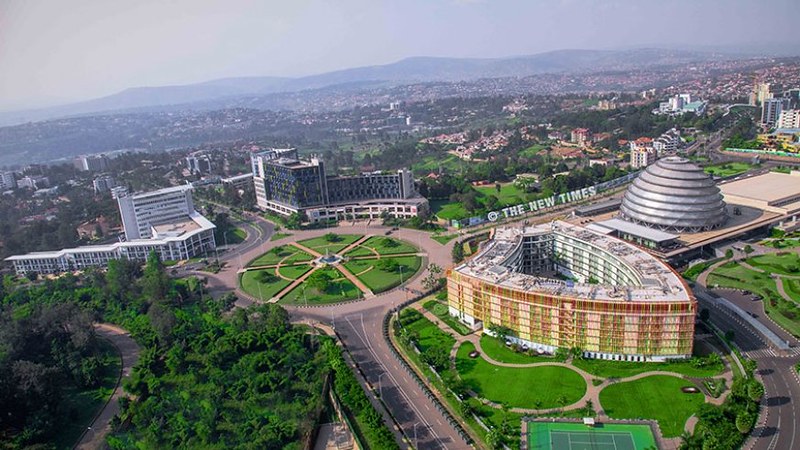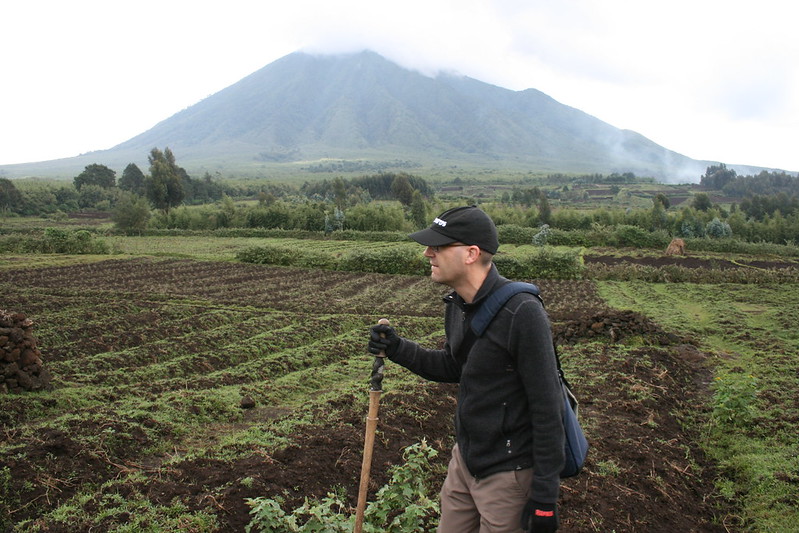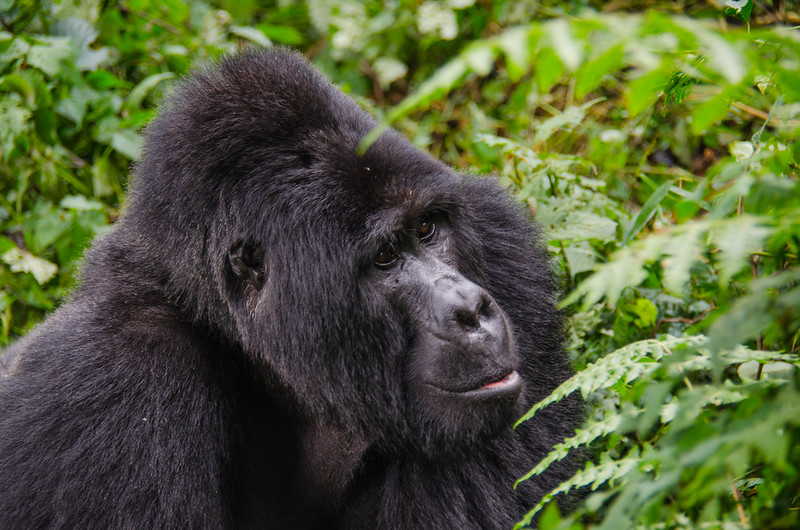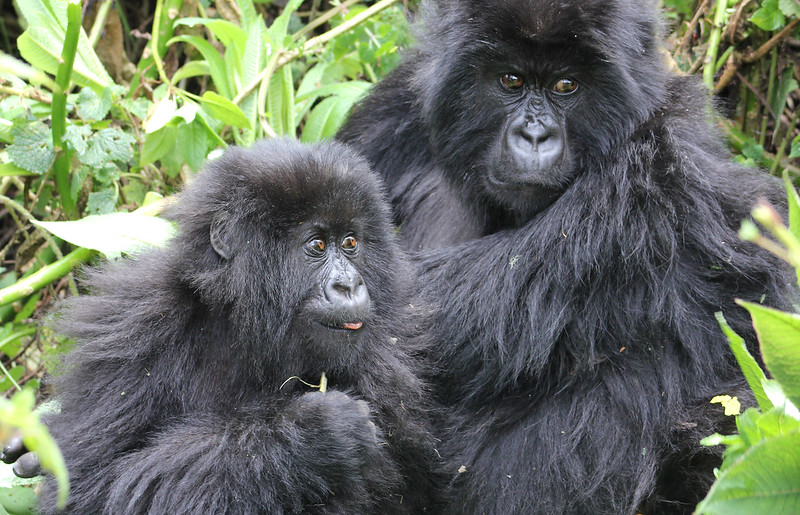Gorilla tracking tours from Musanze Rwanda – Gorilla safaris to Volcanoes National Park Rwanda. Traveling…
Is Rwanda the Cleanest Country in Africa?
Is Rwanda the Cleanest Country in Africa?
Rwanda, famously known as the Land of a Thousand Hills, has garnered global recognition not only for its breathtaking landscapes and wildlife but also for its cleanliness. The small East African nation consistently ranks among the cleanest countries in the world, let alone Africa. From its spotless streets to its lush greenery, Rwanda’s cleanliness stands out as a symbol of its commitment to sustainability and good governance.
But is Rwanda truly the cleanest country in Africa? In this article, we’ll explore what sets Rwanda apart, the policies driving its cleanliness, and how it compares to other African nations.
Rwanda’s Journey to Cleanliness
Rwanda’s transformation into a global model of cleanliness didn’t happen overnight. The journey began in the aftermath of the 1994 genocide, as the country sought to rebuild itself with an emphasis on unity, good governance, and sustainable development. Cleanliness became a key pillar of this transformation, reflecting a broader commitment to improving the quality of life for its citizens.
What Makes Rwanda So Clean?
Several factors contribute to Rwanda’s status as one of the cleanest countries in Africa:
1. The Ban on Plastic Bags
Rwanda made headlines in 2008 when it became one of the first countries in the world to implement a comprehensive ban on plastic bags.
- How It Works:
- Plastic bags are illegal to import, manufacture, or use in Rwanda.
- Travelers entering Rwanda have their luggage inspected at airports to ensure no plastic bags are brought into the country.
- Impact:
The ban significantly reduced plastic waste, contributing to cleaner streets, waterways, and public spaces.
2. Umuganda: National Community Clean-Up Day
Rwanda has institutionalized cleanliness through Umuganda, a traditional practice of communal work held on the last Saturday of every month.
- What Happens During Umuganda:
- Citizens participate in cleaning streets, planting trees, repairing infrastructure, and other community improvement activities.
- Government officials, including the president, often join the activities, reinforcing the culture of collective responsibility.
- Cultural Impact:
Umuganda fosters a sense of unity and accountability, making cleanliness a shared national value.
3. Strict Urban Planning and Waste Management
Rwanda’s cities, particularly Kigali, are meticulously planned with an emphasis on cleanliness and environmental sustainability.
- Waste Management:
Kigali has a robust waste collection and recycling system, with clearly marked bins for sorting waste. Private companies collaborate with the government to ensure efficient waste disposal. - Urban Aesthetics:
Streets in Kigali are well-paved, lined with greenery, and free of litter. Public spaces are regularly maintained to keep them clean and inviting.
4. Environmental Conservation Policies
Rwanda has embraced eco-friendly policies to ensure its environment remains pristine. These include:
- Reforestation programs to combat deforestation.
- Promotion of renewable energy and sustainable agriculture.
- Efforts to protect biodiversity in national parks and reserves.
How Rwanda Compares to Other African Nations
While Rwanda is widely regarded as the cleanest country in Africa, other nations have also made notable efforts to promote cleanliness and environmental sustainability.
1. South Africa
South Africa is known for its modern cities and environmental initiatives. However, challenges such as urban waste management and pollution persist, especially in densely populated areas.
2. Botswana
Botswana has made significant strides in waste management and conservation, particularly in protecting its unique ecosystems like the Okavango Delta.
3. Mauritius
Mauritius, an island nation, is often praised for its clean beaches and well-maintained public spaces. Its focus on eco-tourism helps maintain a clean environment.
4. Namibia
Namibia’s commitment to environmental conservation has earned it recognition as one of the cleanest countries in Southern Africa. Its focus on sustainable tourism and waste management sets an example for others.
Verdict: While these countries are commendable in their efforts, Rwanda stands out for integrating cleanliness into its national identity and governance.
International Recognition
Rwanda’s cleanliness has not gone unnoticed on the global stage. Kigali, the nation’s capital, has been repeatedly recognized as one of the cleanest cities in Africa and the world. Visitors often marvel at the city’s orderly streets, lush parks, and absence of litter.
The country’s efforts have also inspired other nations to adopt similar practices. For example:
- Countries like Kenya and Tanzania have introduced plastic bag bans modeled after Rwanda’s.
- Global organizations frequently cite Rwanda as a case study in sustainable development and urban planning.
Challenges to Maintaining Rwanda’s Cleanliness
Despite its achievements, Rwanda faces challenges in sustaining its reputation for cleanliness:
- Rapid Urbanization
As Rwanda’s population grows, urban areas face increased pressure to manage waste and maintain infrastructure. - Rural-Urban Divide
While Kigali is a shining example of cleanliness, rural areas may not always meet the same standards. Efforts are ongoing to extend waste management services and environmental education to all parts of the country. - Tourism Impact
As Rwanda attracts more tourists, managing waste and maintaining pristine environments in national parks and tourist hotspots is a growing concern.
The Role of Citizens in Rwanda’s Cleanliness
One of the most remarkable aspects of Rwanda’s cleanliness is the active involvement of its citizens. Cleanliness is not just a government mandate; it is a deeply ingrained cultural value.
- Education and Awareness: Environmental education is a priority in schools, teaching children the importance of cleanliness from an early age.
- Accountability: Rwandans take pride in their surroundings and hold each other accountable for maintaining cleanliness.
Why Rwanda’s Cleanliness Matters
Rwanda’s commitment to cleanliness is about more than just aesthetics. It reflects broader values and priorities, such as:
- Public Health: Clean environments reduce the risk of disease and improve overall quality of life.
- Tourism: A clean and safe environment attracts visitors, boosting the economy.
- Environmental Sustainability: Rwanda’s policies align with global efforts to combat climate change and promote sustainable development.
Is Rwanda the Cleanest Country in Africa?
Based on its policies, community involvement, and global recognition, Rwanda can confidently be called the cleanest country in Africa. Its success story offers valuable lessons for other nations striving to balance development with environmental stewardship.
Rwanda’s cleanliness is more than a point of pride—it’s a testament to what can be achieved through visionary leadership, community participation, and a shared commitment to sustainability. Whether you’re a tourist or a policymaker, Rwanda’s example is one worth emulating.
So, the next time you visit the Land of a Thousand Hills, take a moment to appreciate not just its beauty but the collective effort that keeps it pristine.


